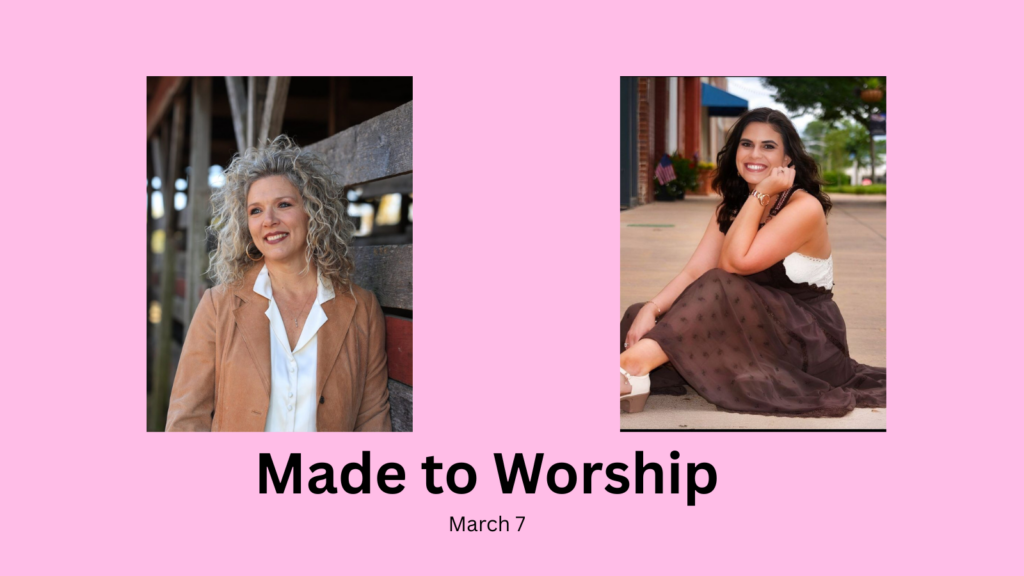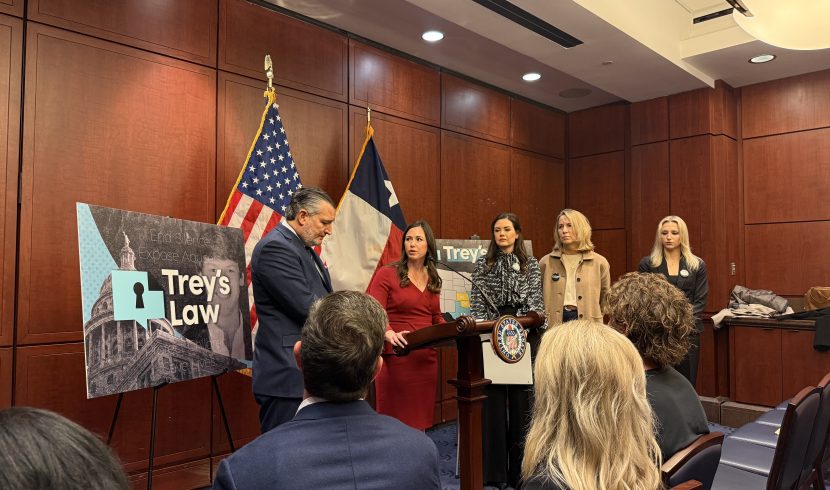Philadelphia and Seattle in many ways are a study in contrasts, from the historic birthplace of our nation’s freedoms in the Northeast to the high-tech epicenter of the Northwest.
But Southern Baptists in both cities are ramping up for a common goal: impacting their communities with the gospel and seeing lives transformed by the Christian gospel as never before. They’ll do it with the help of volunteers from across the country through the North American Mission Board’s (NAMB) Strategic Focus Cities (SFC) outreach efforts.
“We hope that we can work together with both Southern Baptists and other evangelical groups within these cities to make an impact for the Kingdom,” said Gary Frost, NAMB’s vice president for strategic partnerships.
The 2002 efforts in both cities follow focused SFC efforts in Chicago and Phoenix in 2000 and Boston and Las Vegas in 2001 — although evangelism and church-planting efforts in each of the cities occurs both before and after the primary implementation year. A total of 169 new churches have been formed and approximately 23,000 professions of faith have been recorded in those cities during the first two years of the SFC.
John Eckle, city coordinator for the “Embracing Seattle” effort, described that city as largely unchurched, with little Christian influence.
“It’s an area that is so steeped in recreation and entrepreneurialism that people just don’t seem to have time,” said Eckle. “Their lives are so full that when they do have time they just want to get away … from anything that might require commitment.”
There are 120 churches in the Puget Sound Baptist Association, “most of them quite small,” said Eckle, who came to Embracing Seattle as a retired chief engineer for the Seattle-based Boeing Company. Ninety percent of the region’s four million people do not attend church at all, and only 4 percent attend an evangelical congregation of any kind. The population also is ethnically diverse, with a particularly strong contingent of Asians and Pacific Islanders. The largest SBC church, First Baptist of Tacoma, is a Korean congregation. And one of the association’s most exciting new churches, he said, is a mission to Native Americans sponsored by another Korean congregation.
Ambitious strategy
One of the most ambitious strategies for Embracing Seattle lies in church planting. Organizers set a goal of starting 30 new SBC churches this year, and by mid-December 26 of those churches had been started. But that’s only the start. Plans call for 60 new churches next year, and another 90 in the following year. “These guys are just unrestrained in terms of their ambition,” Eckle said of Embracing Seattle’s church-planting team.
Such numbers require not only the resources made available through Embracing Seattle, he said, but also partnerships with individual churches committed to providing both funding and volunteers.
Prayer goals for Embracing Seattle also are ambitious, with 5,000 prayer warriors being enlisted across the country. Each volunteer is assigned to pray for a different family in the Puget Sound region each day over the next year, resulting in focused prayer for each of the area’s 1.5 million families.
Ministries also are in place or being developed to touch everyone from the displaced teens in Seattle’s inner city to the millionaires of suburban Redmond and Bellevue, which have some of the highest per-capita income levels in the country.
In Philadelphia, meanwhile, both the existing Southern Baptist presence and primary ministry areas are predominantly African-American and urban. Anglos make up only about 15 percent of the Southern Baptist churches, with predominantly African-American churches making up 65 percent and other languages approximately 20 percent, according to Kathy Sheldon, associate city coordinator for the “Philadelphia Spirit” SFC effort.
“At the present time we have only one Anglo congregation in Philadelphia, so there’s a great need for church planting,” she said.
Plans call for starting up to 70 new churches over the next two years, including one flagship church established last year in partnership with First Baptist Church of Orlando, Fla. Keystone Community Church in the suburb of Bucks already has 300 members.
The city is also significantly less affluent than Seattle as a whole, and the ministry strategies reflect those needs. Multihousing ministry, volunteer opportunities with a food bank and other local ministries, homeless shelters, clothing and feeding ministries and children’s ministries all will figure prominently into volunteer needs.
As with Seattle, much of the effort also will be placed into strengthening both new and existing churches through localized events and strategies, rather than large citywide efforts.
“We want to see people come to know the Lord, and we want it to be a lasting effect,” Sheldon said. “We don’t want it to be just a one-time thing.” Sheldon also said that as Southern Baptists begin to be identified with caring for people on a large scale, Southern Baptist churches could feel the effects for years. “I don’t really think people in Philadelphia have a clue about what Southern Baptists are,” she said. “So if we can come across offering a positive influence, that will help us create a strong positive image.”
Core ministries
Several core ministries requiring volunteer support are foundational to both Strategic Focus Cities efforts. Among them:
ZBlock parties — Whether in an inner-city park or a suburban churchyard, the concept of offering free food, fun and fellowship is an effective means for both new and existing churches to reach their communities. Outside volunteers often are asked to work with games and food tables while church members are left free to share Christ and build relationships with guests. But evangelism opportunities abound for everyone.
ZVacation Bible School — Teams of workers are needed to lead VBS, an effort made possible through funding assistance from Strategic Focus cities and literature provided by LifeWay Christian Resources. VBS programs have been among the most effective evangelistic events in previous SFC efforts.
ZPrayer walking — Volunteers are needed to walk through neighborhoods and pray for the people in homes, providing support for the ongoing efforts to reach communities with the gospel.
(BP)





Share with others: